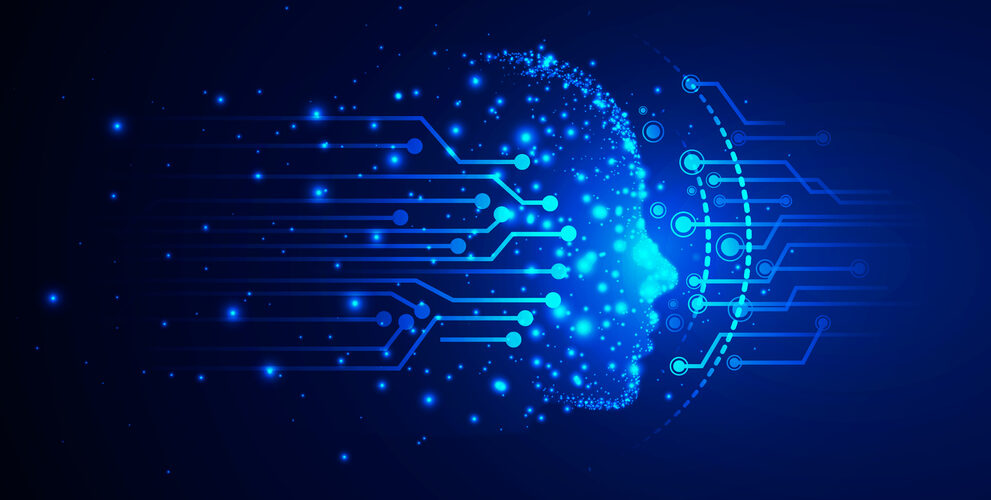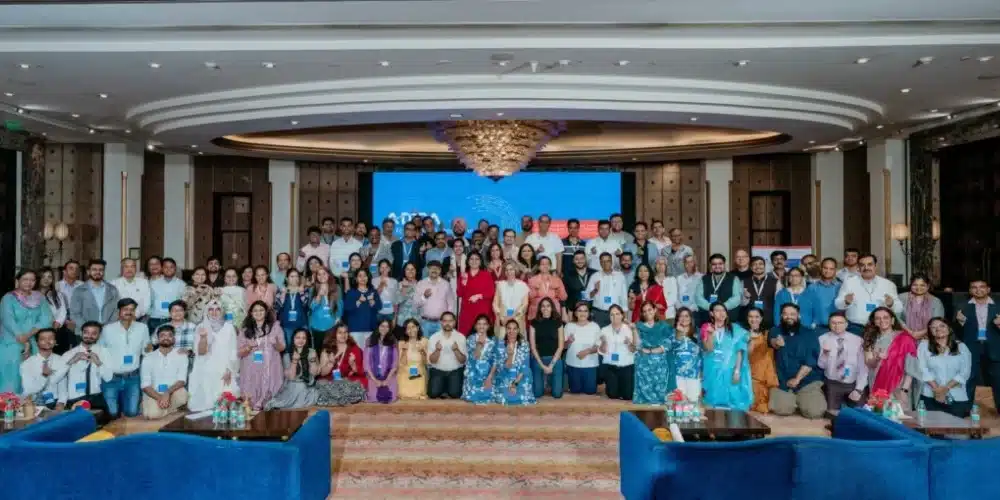Will AI win the next Nobel Prize? Scientists say it’s no longer sci-fi
Sam Rodriques of FutureHouse, a San Francisco-based research lab, told Nature that AI could make a Nobel-worthy discovery “by 2030 at the latest.”
Author
Author
- admin / 4 months

- 0
- 3 min read

Author
Artificial intelligence could soon compete with humankind’s brightest minds for science’s highest honour, the Nobel Prize, according to a recent Nature report.
The journal says that over the past two years, AI systems have begun demonstrating capabilities once limited to human researchers: analysing complex data, designing experiments, and even generating new hypotheses. This progress has revived has made scientists wonder: can a machine make a Nobel-worthy discovery?
In 2016, Hiroaki Kitano, a biologist and chief executive of Sony AI, launched what he called the Nobel Turing Challenge, a quest to create an AI scientist capable of producing research on par with Nobel-winning discoveries. The challenge envisions a system that, without human help, could hypothesize, plan, and execute experiments leading to groundbreaking results by 2050.
Others believe the timeline may be much shorter. Ross King, a chemical engineer at the University of Cambridge, told Nature that it is “almost certain that AI systems will get good enough to win Nobel prizes… the question is if it will take 50 years or 10.”
The Nature report highlights several examples of AI tools already transforming scientific research. At Carnegie Mellon University, chemist Gabe Gomes and his team have built Coscientist, a system that uses large language models to plan and execute chemical reactions using robotic laboratory equipment. Gomes told Nature that an unreleased version of the system can perform computational chemistry tasks with “remarkable speed.”

Meanwhile, Stanford University’s biomedical data scientist James Zou demonstrated an AI system that analysed RNA data to uncover immune cell behaviour in COVID-19 patients that had been overlooked by human researchers. Zou is also co-organising Agents4Science, described in Nature as the world’s first AI-only scientific conference, where papers will be written and reviewed by AI agents.
Yet the path to a Nobel for AI remains uncertain. The Nobel statutes currently allow only living humans or organizations to receive prizes. And as Nature notes, even recent Nobel awards to researchers behind AI breakthroughs such as DeepMind’s AlphaFold were given to the humans who built the systems, not the systems themselves.
Still, some scientists believe it’s only a matter of time. Sam Rodriques of FutureHouse, a San Francisco-based research lab, told Nature that AI could make a Nobel-worthy discovery “by 2030 at the latest.”
Also read: False claim uses Japanese Nobel laureate Tasuku Honjo name again to spread COVID-19 misinformation
(Do you have a health-related claim that you would like us to fact-check? Send it to us, and we will fact-check it for you! You can send it on WhatsApp at +91-9311223141, mail us at hello@firstcheck.in, or click here to submit it online)









